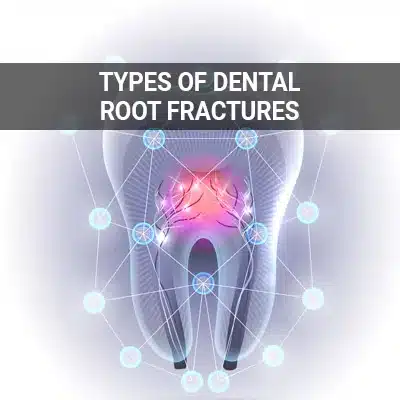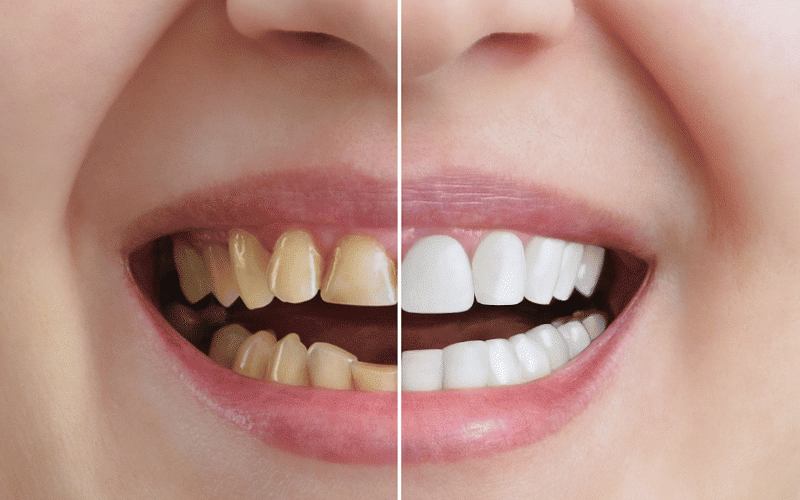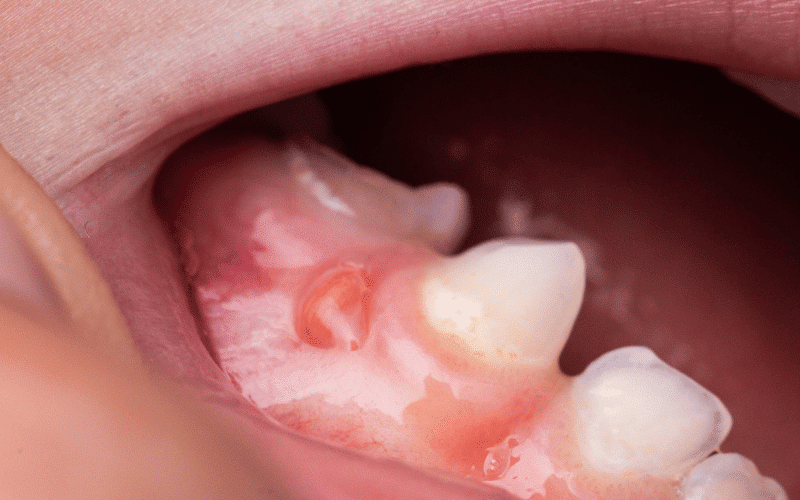
The Truth Behind Root Canals, Glendale AZ
Root canal treatment can preserve an infected tooth. Left untreated, tooth infections can spread to other parts of the body. Root canal treatment is a standard procedure that saves millions of teeth each year.
Root canals are available at Singh Smile Care - Dentist Glendale AZ and the surrounding area. Saving your tooth can be easier than you think. Call us today at (623) 400-6009 to schedule an appointment and learn more.

When Root Canals Are Necessary
Root canal treatments are one of the most common types of endodontic treatment. They become necessary when the inner tissue of the tooth’s root canal (or pulp) becomes infected or inflamed. This may happen for several reasons: cracks or chips in the teeth, deep decay, or repeated dental procedures. The pulp may also sometimes be infected or inflamed without any signs of external damage.
There are some other telltale signs that someone may need a root canal. As endodontists are experts in addressing tooth pain, patients should seek medical attention immediately if they begin experiencing severe pain while biting or chewing. Many patients who need root canals also develop pimples on the gums, temperature sensitivity, swollen or tender gums, or darkened gums.
As endodontists are experts in addressing tooth pain, patients should seek medical attention immediately if they begin experiencing severe pain while biting or chewing.
Root Canals & Safety
Root canal treatments save millions of teeth each year. The American Association of Endodontists (AAE) estimates that over 15 million of these procedures are performed in the United States every year. On average, this comes out to over 41,000 root canal treatments per day.
This common procedure is both safe and effective, leading to predictable results. In fact, it is usually more dangerous to leave a tooth untreated than it is to undergo a root canal treatment. Root canal treatments are only necessary once bacteria have begun to multiply inside the tooth, causing an infection or abscess. This may lead to bone loss around the tip of the tooth’s root; drainage problems extending from the root; and swelling in other areas of the face, head, or neck. Root canal treatments can stop these effects.
The American Association of Endodontists (AAE) estimates that over 15 million of these procedures are performed in the United States every year.
Common Myths About Root Canals
Unfortunately, there are many common myths about root canals that stop patients from seeing the endodontist. The main three misconceptions are:
- It is painful to get a root canal.
- Getting a root canal will cause illness.
- Tooth extraction is better than root canal treatment.
While root canal treatment may have been painful in the past, modern technology and anesthetics have made the experience no more discomforting than getting a cavity filled. Root canal treatments also reverse toothaches by removing the source of infection or inflammation. Plus, endodontists are experts in pain management.
Furthermore, the claim that links root canal treatment to illness is based on an outdated and poorly designed research study that has long since been debunked. While some may claim that root canal treatment may make patients more likely to become ill or contract certain diseases in the future, there is no valid, scientific evidence supporting this theory.
Finally, it is always best to save a natural tooth whenever possible. In most cases, this is safer, less painful, and more economical than a tooth extraction. Preserving a natural tooth lessens the risk of further infections, and, as mentioned, root canal treatments are typically not as painful as people believe. Many people also mistakenly believe that tooth extraction is the cheaper option. However, this is often untrue when considering the whole picture.
While root canal treatment may have been painful in the past, modern technology and anesthetics have made the experience no more discomforting than getting a cavity filled.
What to Know About Root Canals
Though root canal treatments are a safe and standard procedure, some complications may occasionally occur. These are rare but still crucial for patients to know about. The likeliest possible complication is that new infections may occur after a root canal treatment. Reasons may involve:
- A breakdown of the filling material, allowing bacteria back into the inner tooth
- A higher-than-anticipated number of root canals in a tooth, leaving one or more uncleaned
- A problem with the restoration allowing bacteria into the inner tooth
- An undetected crack in the tooth’s root
In most cases, a doctor can address these problems with endodontic retreatment. Occasionally, however, endodontic surgery may be necessary (most commonly an apicoectomy, also known as a root-end resection).
Though root canal treatments are a safe and common procedure, some complications may occasionally occur.
Questions Answered on This Page
People Also Ask
Q. What is an alternative to root canal treatment?
Pros and Cons of Root Canals
Many of the advantages of undergoing root canal treatment are apparent. These include pain relief, stopping the spread of infection, curing dental decay, and preventing further damage to the tooth pulp. By preserving the tooth, root canal treatments prevent unnecessary tooth extraction and balance the patient’s bite. They also protect the surrounding teeth from infection and strain. When properly cared for, root canal treatment results can last for a lifetime.
However, there are some possible disadvantages as well. Still, these are typically necessary trade-offs. For example, the treated tooth may not be as strong after the procedure. The doctor can address this by capping the tooth with a crown for added protection. Patients may also be at risk for discomfort, toothache, or reinfection. The doctor may also miss any hidden roots or canals, necessitating retreatment in the future. Choosing the right endodontist and following all the doctor’s instructions can help minimize the chances of any complications.
When properly cared for, root canal treatment results can last for a lifetime.











